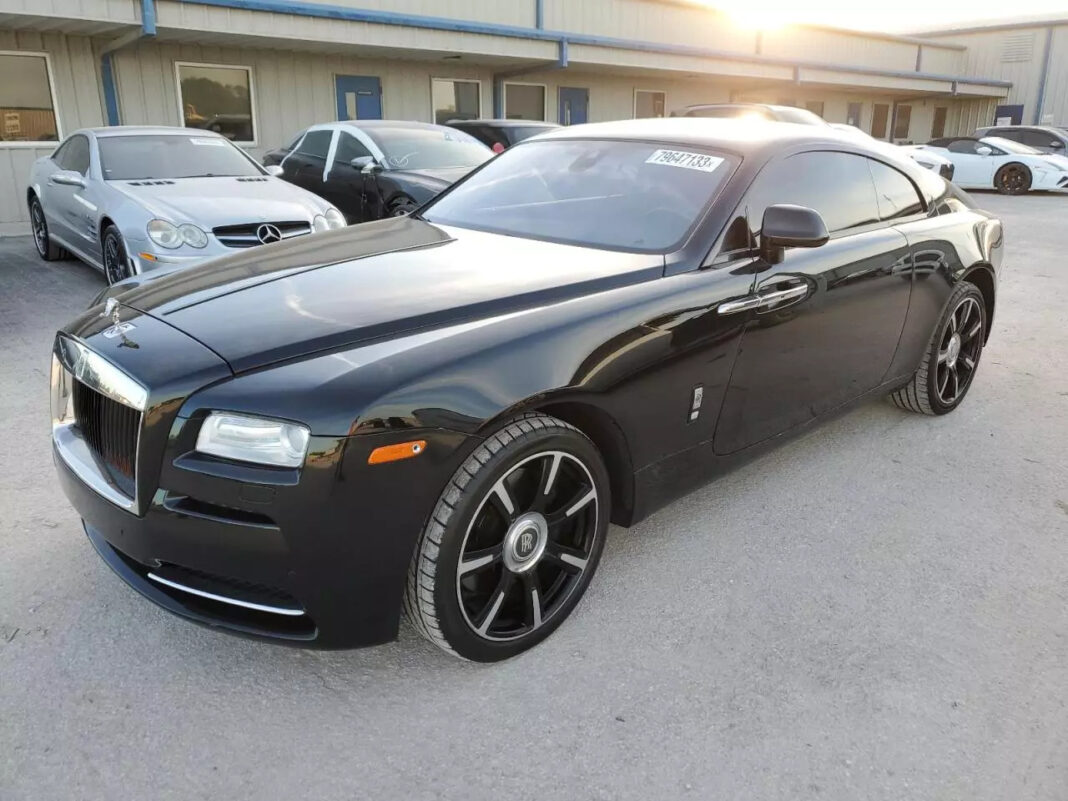Salvage car dealers specialize in acquiring damaged, totaled, or wrecked vehicles from insurance auctions and reselling them to the public for repair or parts. Buying salvage-titled cars from reputable salvage dealers can be an affordable way to find cheap project cars or parts donors. However, there are also significant risks to weigh when purchasing salvaged vehicles. In this guide, we’ll explore what to know before buying from salvage car dealers, inspecting damage, rebuild considerations, title branding, and tips for getting a good deal on your salvage car purchase.
Overview of Salvage Car Dealers
Salvage car dealers, also known as salvage yards, obtain vehicles with salvage or rebuilt titles, typically ones damaged in collisions. They bid on totaled vehicles at insurance auto auctions, buy vehicles from tow lots or private sellers, or act as brokers purchasing cars on behalf of buyers. Salvage dealers then market these cars, trucks, and SUVs to retail customers looking for discounted project vehicles or parts. Most dealers offer some level of inspection, cosmetic repairs, and title processing services as well. Larger salvage yards may have hundreds of salvaged vehicles on site at any given time.
Why Buy from Salvage Car Dealers?
There are some potential advantages to purchasing salvaged vehicles through professional salvage dealers:
- Access to inventory – Dealers buy cars in bulk at auctions across the region. This gives buyers a large selection of makes and models under one roof to choose from.
- Inspections – Reputable dealers will inspect and assess damage to each car upon purchase. This helps determine rebuild potential.
- Cosmetic repairs – Some dealers may make minor improvements like cleaning interiors to improve retail appeal.
- Title transfers – The dealer handles all paperwork to transfer the salvage title into your name.
- Parts guarantees – Yards that also sell used parts may offer short warranties on certain inventory.
- Financing – Some larger yards offer in-house financing for buyers with limited budgets.
Risks of Purchasing Salvage Vehicles
However, it’s crucial to enter any salvaged car purchase with eyes wide open to the risks:
- Hidden damage – Inspections may miss frame damage, worn components, electrical issues.
- Inaccurate representations – Damage levels can be misstated or downplayed.
- Rebuild costs – Parts and labor may exceed the vehicle’s potential value.
- Safety issues – Damage may compromise crashworthiness even after repairs.
- Branded title – Past damage will be noted on title, hurting resale value.
- Limited return policy – Most dealers sell cars as-is with no refunds.
Thorough independent inspection along with research helps mitigate some risks when buying a salvaged car.
Inspecting Salvage Vehicles at Dealers
Never take a salvage dealer’s word for the condition or value of a vehicle. Insist oninspecting cars yourself before purchase:
- Match VINs to title documents and model to verify identity.
- Check for signs of flood damage like silt, rust, or compromised electronics.
- Look for frame damage which can indicate the car may be unsafe to repair.
- Assess if mechanical components like engine and transmission are still intact.
- Determine if body damage appears largely cosmetic or more severe.
- Look for leaks, worn components, and potential problem areas under the car.
- Try to test drive the vehicle if able to assess performance.
- Hire an independent mechanic to inspect if you lack expertise.
Thorough inspection helps avoid buying cars with damage exceeding their value. Negotiate price based on your objective findings.
Estimating Rebuild Costs
Realistically estimating the costs to repair a salvaged vehicle is also critical before purchase:
- Research the average price for parts like engines, transmissions, electronics.
- Factor in body work, custom fabrication costs, and paint matching expenses.
- Account for your own labor costs or shop rates if you cannot DIY repairs.
- Consider availability of affordable used parts if OEM parts are scarce or pricey.
- Budget for repairs you can’t foresee like hidden frame damage or mechanical issues.
- Verify there are no outstanding liens or fees due on the vehicle.
- Understand your state’s process and costs for getting a rebuilt title after repairs.
Crunching numbers helps determine if a salvage car is worth acquiring versus buying a cleaner used car.
Tips for Getting a Good Deal
Follow these tips when negotiating with salvage yards to get the best price:
- Thoroughly inspect the car yourself and point out damage during negotiations.
- Note parts missing from the vehicle that deduct from potential value.
- Start bids at least 50% below asking price due to the risks and costs.
- Research prices paid for similar salvage vehicles to benchmark against.
- Offer to pay cash rather than finance to incentivize better pricing.
- Ask about any current promotions or pricing discounts.
- Time purchases for end-of-month or end-of-year sales goals.
- Buy multiple vehicles together to qualify for bulk pricing.
With the right inspection, research, price negotiation, and realistic expectations, purchasing your next project car from a salvage cars dealer can secure you an affordable rebuildable car. Just enter the process cautiously.


















